Anger In Bolivia As Anti-Morales Bloc Splinters Before May Polls
A few months ago, protesters flooded the streets of Bolivia, helping to push former president Evo Morales from power. Now, they are up in arms again -- against those they once hoped would replace him.
Demonstrators feel the country's center-right politicians have let them down by failing to rally around a single candidate to take on Morales's Movement for Socialism (MAS) party in May's election.
"It's shameful that there are people and politicians hungry for power who only look out for their own personal interests," activist Pablo Alba told AFP.
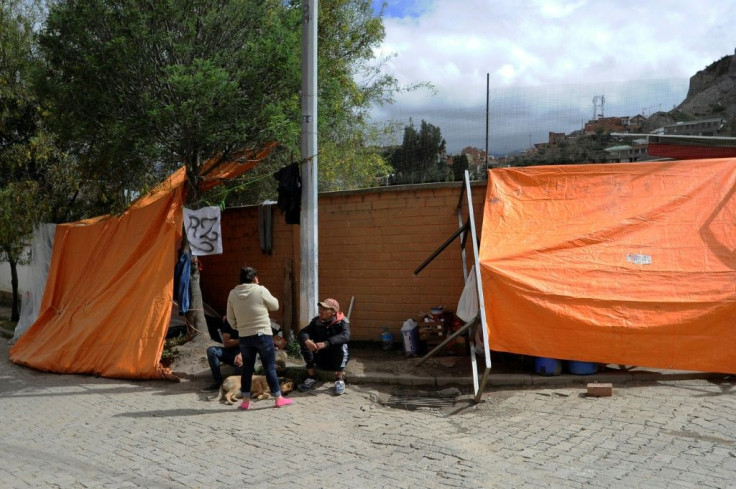
The leftist Morales -- who first took office in 2006 -- resigned in November following three weeks of protests against his controversial re-election in polls that were widely derided as rigged.
Bolivia's constitution limits a president to two successive terms but in October's election, Morales stood for a fourth consecutive mandate, after an already questionable third term.
The 60-year-old stood down under pressure from the country's military, and now lives in exile in Argentina.
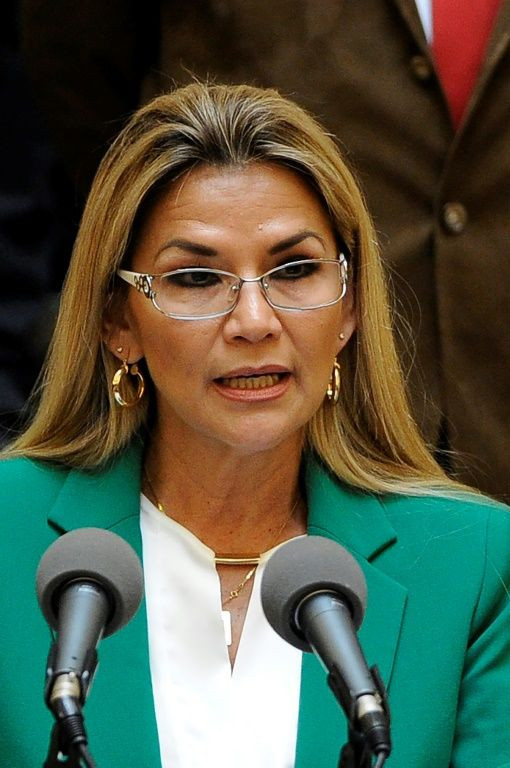
But in the latest opinion polls ahead of the May 3 election, his political heir apparent, Luis Arce, is in first place with 26 percent.
The center-right is fielding seven candidates for now -- which protesters say could deal a fatal blow to their hopes of keeping the MAS out of office.
Once of Arce's closest competitors is former president Carlos Mesa, who ran against Morales in October and who many thought would have run a run-off has the leftist not claimed outright victory in the first round.
Mesa and right-wing protest leader Luis Fernando Camacho are tied at 17 percent in the latest polls.
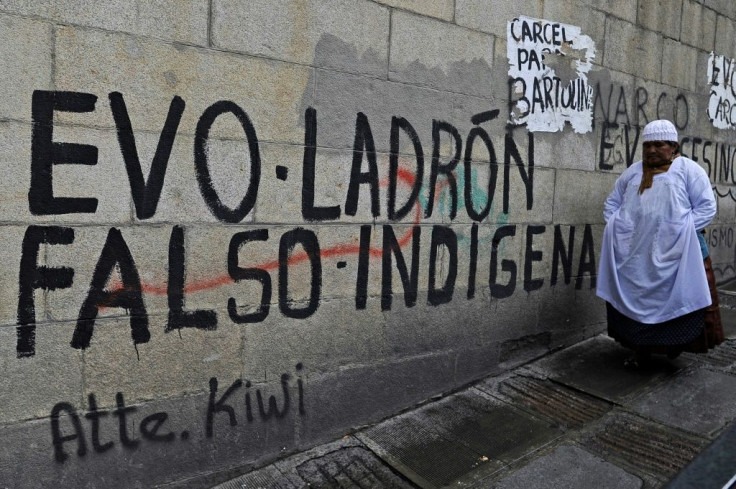
Conservative interim President Jeanine Anez, whose candidacy is controversial after she previously claimed she wouldn't stand, was fourth on 12 percent.
Evangelical pastor Chi Hyun Chung stood at six percent and ex-president Jorge Quiroga at three percent.
That means the anti-MAS bloc could attract more than the 50 percent required for an outright victory in May -- were it to field one candidate.
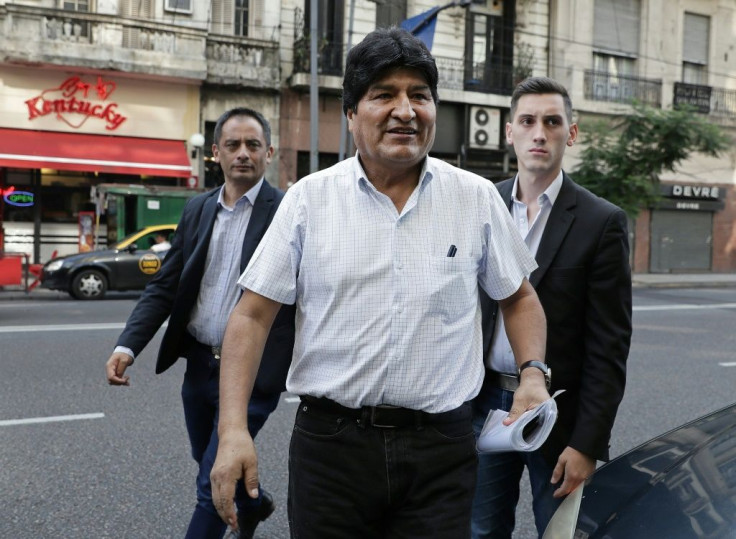
We're "disappointed, totally disappointed, disillusioned, defenseless," said the 29-year-old Alba, who is a lawyer.
Alba is part of a group of protesters camping outside the Mexican ambassador's residence, where some top MAS officials fled after Morales stepped down.
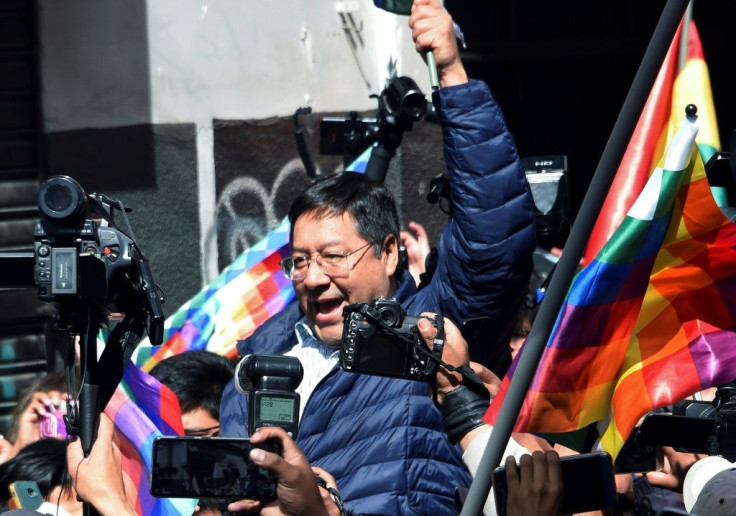
The group is trying to prevent those ex-officials from escaping and leaving the country, believing they should be brought to justice for alleged offenses committed while in office.
Those protesters also say the center-right needs to put their supporters before their own ambitions and focus on defeating the MAS in May, when 36 senators and 120 deputies will also be elected.
"They're not thinking about the people's struggle, about the people's request," said Alba.
Bolivia remains quite divided -- the MAS still commands huge popular support, particularly amongst indigenous communities. Morales was the country's first indigenous president.
Many of those party faithful believe Morales's claim that he was the victim of a US-orchestrated coup d'etat.
"We're polarized between those who promote and defend a Movement for Socialism government and those who believe in democracy," political scientist Carlos Cordero told AFP.
Street graffiti reflects this polarization -- messages such as "Evo thief, fake indigenous person," share space with others such as "Evo president indigenous leader."
Cordero however believes that come May, voters will be savvy, despite the division in the anti-MAS camp.
There may be a "useful vote" that favors Mesa or Anez over other center and right-wing hopefuls in a bid to head off the MAS, he said.
For many indigenous people, whose communities were largely marginalized before Morales came to power in 2006, a future without MAS in government is one that generates fear.
Saul Paredes, 33, is from the Aymara community, like Morales, and lives in El Alto, a satellite town in the La Paz suburbs.
Paredes proudly admits to taking part in protests and violent clashes with security forces that left dozens dead after Morales fled the country.
He says indigenous rights have been rolled back under Anez's interim administration, and believes the political elites should band together for the nation.
"They have to abandon their personal interests ... (to) unify the country in a healthy way," said Paredes.
If there is no outright winner on May 3 -- with either more than 50 percent of the vote or more than 40 percent and a lead of at least 10 points -- a second round run-off will take place on June 14.
© Copyright AFP 2024. All rights reserved.







